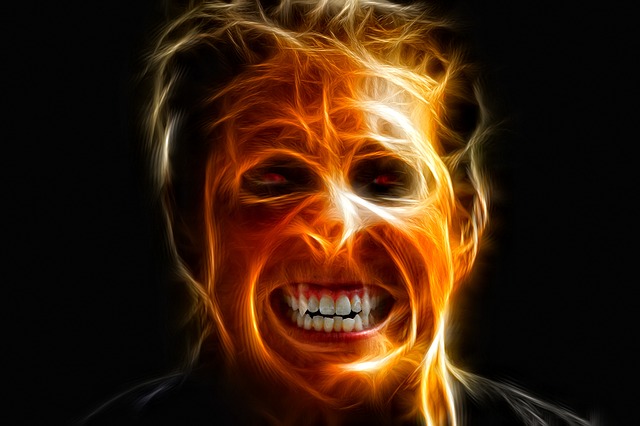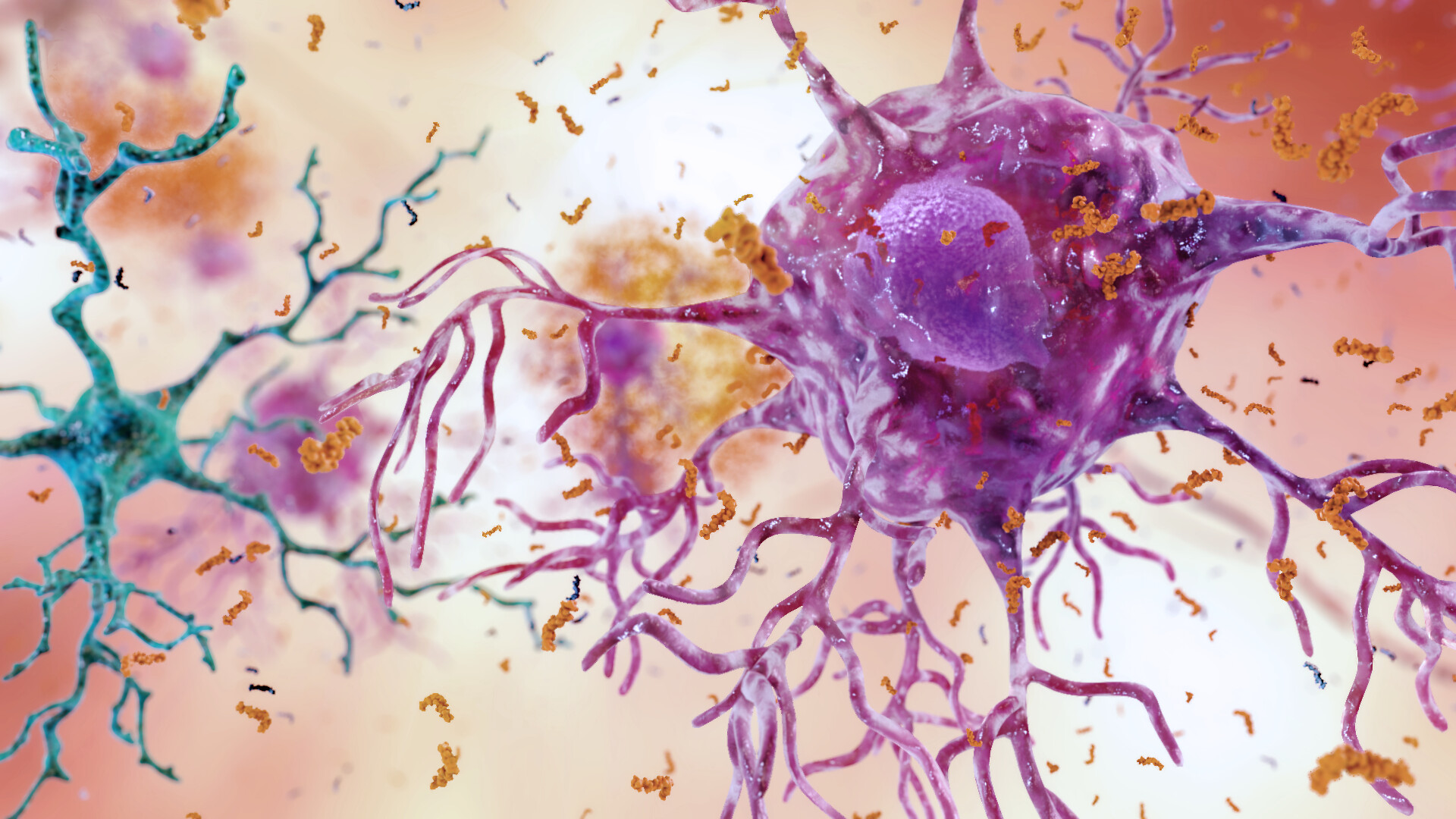Clinical Lycanthropy: Where Psychiatry and Mythology Collide

We all know of the legend of the werewolf: a fearsome creature who takes the form of a human until the night of the full moon, when he becomes a senseless, bloodthirsty beast. Mythology buffs out there may know that this legendary affliction was originally known as “lycanthropy”. Nowadays, of course, we know that werewolves aren’t real. However, the human mind is home to even more bizarre and dazzling mysteries than the legends of old, one of which is clinical lycanthropy.
Clinical lycanthropy is a rare psychiatric condition which involves a delusion that the sufferer is transforming or has transformed into an animal. Often, the symptoms will include the affected person relaying their “transformation experience” in a moment of clarity, or, if in the midst of a “transformation”, acting like the animal they see themselves as – grumbling, crying, and even growling1!
So why, I hear you ask with gruesome fascination, do people experience this bizarre brain-flip? Thankfully, modern science has finally stopped looking at this phenomenon as metaphysical, producing some interesting theories on the matter.
One such theory is that clinical lycanthropy is caused by a physical imbalance in the brain. Particular areas of the brain, specifically in the cerebral cortex, are responsible for a person’s perception of their own body2. Studies have shown that when sufferers of clinical lycanthropy undergo a “transformation”, they display unusual levels of brain activity in these regions, suggesting that they genuinely may perceive these feelings as a neurological trick as opposed to psychological break. These feelings are common in other psychiatric phenomena such as “phantom limbs”3. However, one mystery which is not solved by this explanation is the specificity of the animal a patient is transforming into. Most individuals suffering from clinical lycanthropy report feeling as if they are changing into a certain animal – often a dog, wolf, snake or other large predator. How is it that people know which animal they perceive to be “transforming” into?
The most common answer to this lies at the doorstep of culture. Shape-shifting has been at the heart of humanity’s stories since ancient times – from China’s stories of dog-gods to African werecats – humans are obsessed with the idea of being wild animals, and we always have been4. We relate to animals personalities and traits thanks to a history of them being ingrained in our cultures, and this cultural association is thought to be why sufferers of clinical lycanthropy are able to define so specifically which animal they are “transforming” into.
Currently, there is no definite treatment for clinical lycanthropy. It is thought to be induced due to an already-existing state of psychosis, or other psychiatric disorders such as schizophrenia or bipolar disorder, and so the current method of treating the symptoms is to treat the underlying condition5.
So remember kids – unless you’re experiencing symptoms of clinical lycanthropy, don’t go telling your doctor about your “wild weekend” – or he may just think you’re crying wolf.
Edited by Debbie Nicol











4 Responses
[…] ক্লিনিক্যাল লিসেনথ্রপি আর বোয়ানথ্রপির মাঝে কিছুটা মিল থাকলেও রোগ দুটো সম্পূর্ণ আলাদা। এক্ষেত্রে রোগী মনে করে থাকে সে কোনো প্রাণীতে রূপান্তরিত হয়ে যেতে পারে যেমন, নেকড়ে, শিয়াল বা অন্য কোনো প্রাণী। আর একে সে নিজের একধরনের ক্ষমতা বলে মনে করে। এই বিশ্বাসের সাথে সাথে একসময় সে ওই প্রাণীর মতো আচরণ করতে শুরু করে। রোগ চরম পর্যায়ে চলে গেলে একটা সময় তাদের বনে জঙ্গলে পালিয়ে থাকতে দেখা যায়। এই রোগটির সাথে উপকথার ওয়ার উলফের কাহিনীর বেশ মিল পাওয়া যায়, যদিও এখানে ব্যক্তিটি সত্যিকার অর্থে শারীরিকভাবে রূপান্তরিত হয় না, সম্পূর্ণটাই তার মস্তিষ্কের বিভ্রম। […]
[…] https://the-gist.org/2015/08/clinical-lycanthropy-where-psychiatry-and-mythology-collide/ […]
[…] Clinical Lycanthropy: Where Psychiatry and Mythology Collide […]
[…] Clinical Lycanthropy: Where Psychiatry and Mythology Collide […]